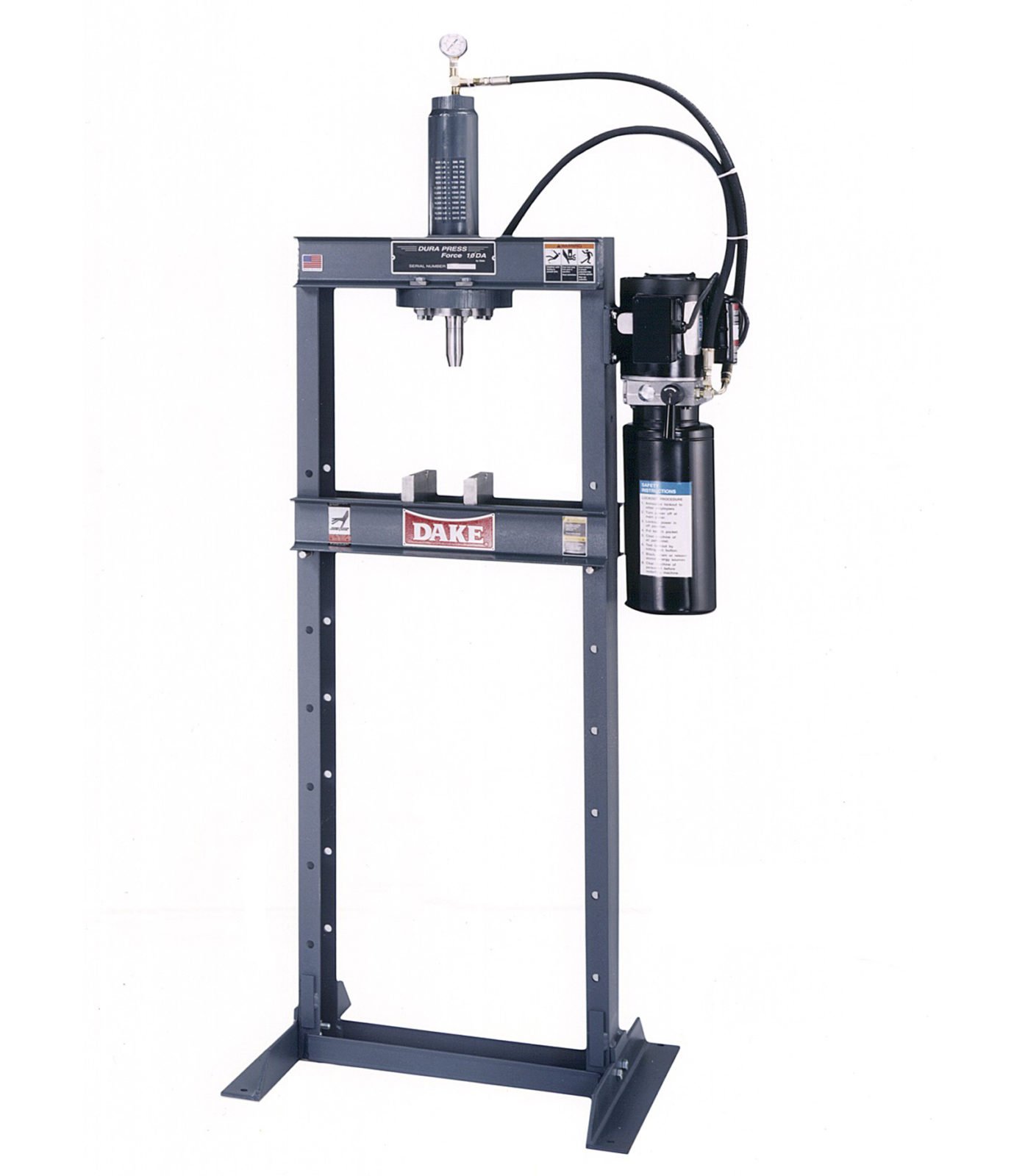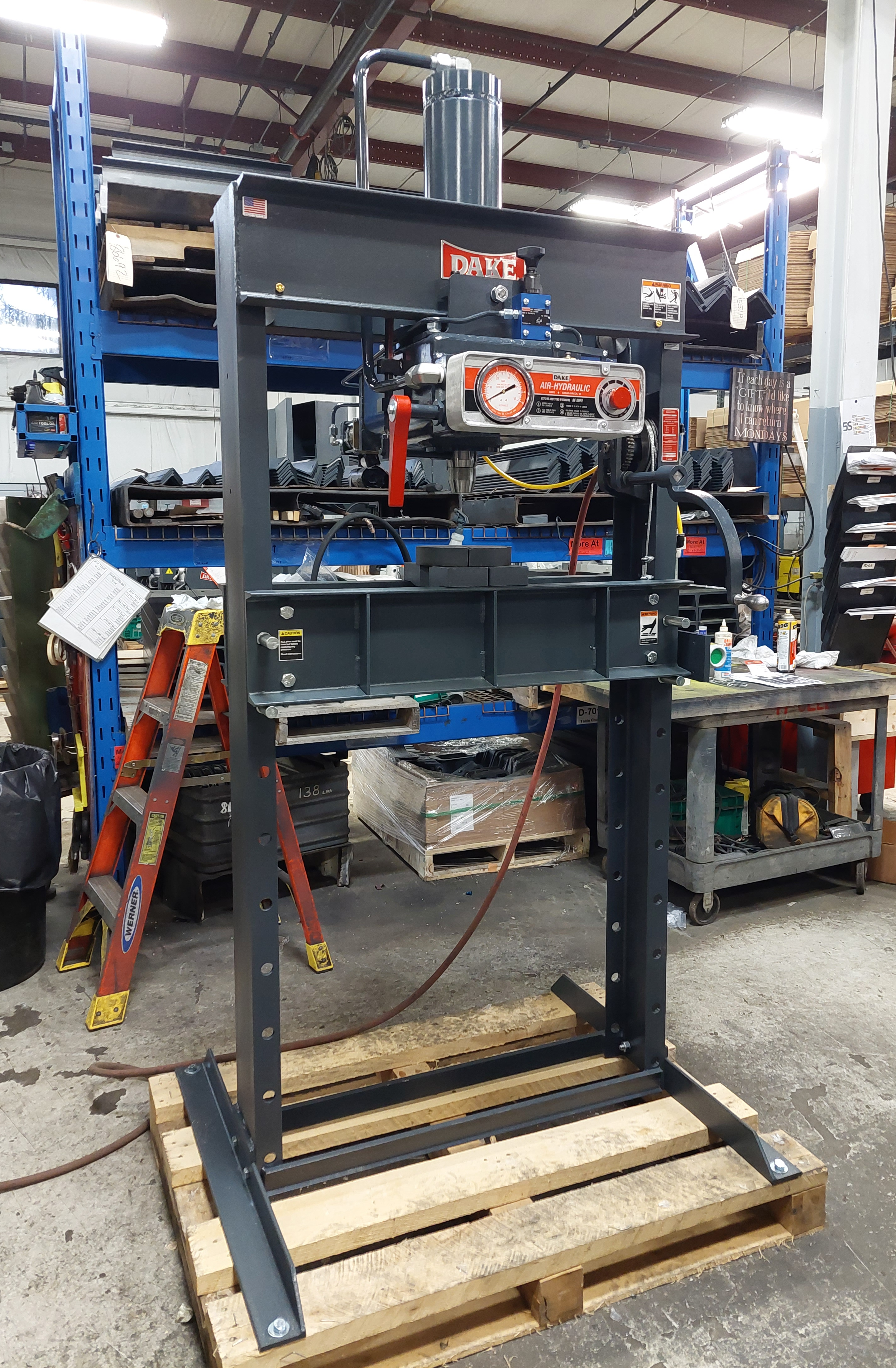For metalworking shops, it’s important to have a comprehensive plan in the event of any type of emergency. Whether it’s severe weather, a fire, or even a pandemic, you need to be able to lead your team (and business) through a crisis.
Facing Challenges Head-on
It’s a fact that every business faces challenges on a daily basis. However, many of the typical challenges that business owners and managers are faced with have more to do with the overall operation of the business.
You know what to do if an employee calls out sick at the last second or if a tool on one of your metalworking machines breaks. But do you know what to do in an actual crisis?
Let's start by defining what a crisis is. A crisis is classified as a time in which extreme trouble, danger, or difficulty is encountered. During a crisis, important decisions must be made to keep the business running, and they must be made quickly.
An example of a recent crisis would be the COVID-19 outbreak. All across the country, businesses were forced to reduce their operations or even shut down completely. While closing all operations is an extreme measure that sometimes occurs, we saw it happen to many facilities this year. Many companies were woefully unprepared for the COVID-19 crisis, and some were unable to recover.
Adapt and Overcome
Rules, regulations, and guidelines have changed overnight for most businesses. This applies to the metalworking industry as well. From limiting the number of employees present to changing the type of protective gear that is required to work, many businesses and employees may be having a hard time adjusting to the new way of life under quarantine.
As a business owner, when you are face-to-face with a crisis, there are ways to manage the situation. First, maintain your composure and ask yourself these questions.
- Which projects are essential?
- Which projects can be put on hold?
- What’s the best way to communicate with customers?
- What safety measures need to be put in place to keep my employees safe?
- Which tasks can be managed remotely, and what kind of infrastructure do I need to optimize any remote work?
- What are the steps we need to follow to ensure that the business survives?
Once you have answered these crucial questions, you can come up with a crisis strategy to get you through to the other side.
Our team here at Dake understands that the most stressful time for any business owner is during a crisis. That’s why we have a few tips to help you navigate the storm and to reach an end goal.
1. Don’t Give Up
The COVID-19 crisis was unique in that it happened over several months. Typically, a crisis is a short, yet impactful event. However, the stress of any type of crisis can get the best of us. There is no shame in that, but what you can’t do as a business owner is lose hope.
Maintain tenacity throughout the entirety of the crisis. Whether you have been in business for 10 months or 10 years, you need to recommit yourself to making the best out of a terrible situation. Be bold, tenacious, and innovative in order to lead your business through a crisis. Always remember that the troubled times are only temporary.
2. Learn from the Past
If you have been in business for a long time, then you’ve probably faced a crisis or two already. Although every crisis is different, it’s important to think back to the past problems and how you overcame them. Your strategies may work again in your favor.
For younger businesses, this may be a bit more difficult. Your first crisis probably feels like the sky is falling, but you can survive it. If you don’t have any experience handling a crisis in your metalworking business, do a little research. Find out how other companies managed their way through crises over the years. You don’t even need to look at your competition. There are business mentors out there who are skilled at helping executives and managers cope with a crisis.
3. Get Out of Your Comfort Zone
Innovation is necessary during a crisis. Your old methods and routines may not be suitable for the new working environment. Quickly adapt and come up with new ways of running your business.
For metalworking facilities, automation may be prudent. Going digital is another key that could play a huge factor in the survival of your business. We aren’t saying that you should replace your workers with robots. What we are saying is that most managerial and administrative work can be done remotely. Customer service can be automated. Various aspects of delivery can be streamlined. There are a lot of ways to go about this, and you won’t know which ones work best until you give them a try.
4. Revamp Your Product/Service List
During a time of crisis, certain products and services will take precedent over others. Let’s look at the COVID-19 crisis as an example.
One of the essential industries that is flourishing during this time is shipping/trucking. With so many people being asked to stay home, more and more online orders are being made. The demand is very high for certain products, and keeping shipping transports in good working condition is crucial. Mechanics are also keeping their doors open to cater to vehicle needs. So now we can apply that to the metalworking industry, which is responsible for the production of all of the metal parts used to keep those planes, trains, and automobiles running.
If you run a metalworking facility that manufactures parts for an airline or a particular brand of trucking vehicles, then edit your product list to exclusively cater to that market. Once the crisis is over and things return to normal, you can broaden your product/service list again.
-1.jpg?width=1200&height=525&name=DAKE003_%20Logos_Red%20(002)-1.jpg)

.jpg)

